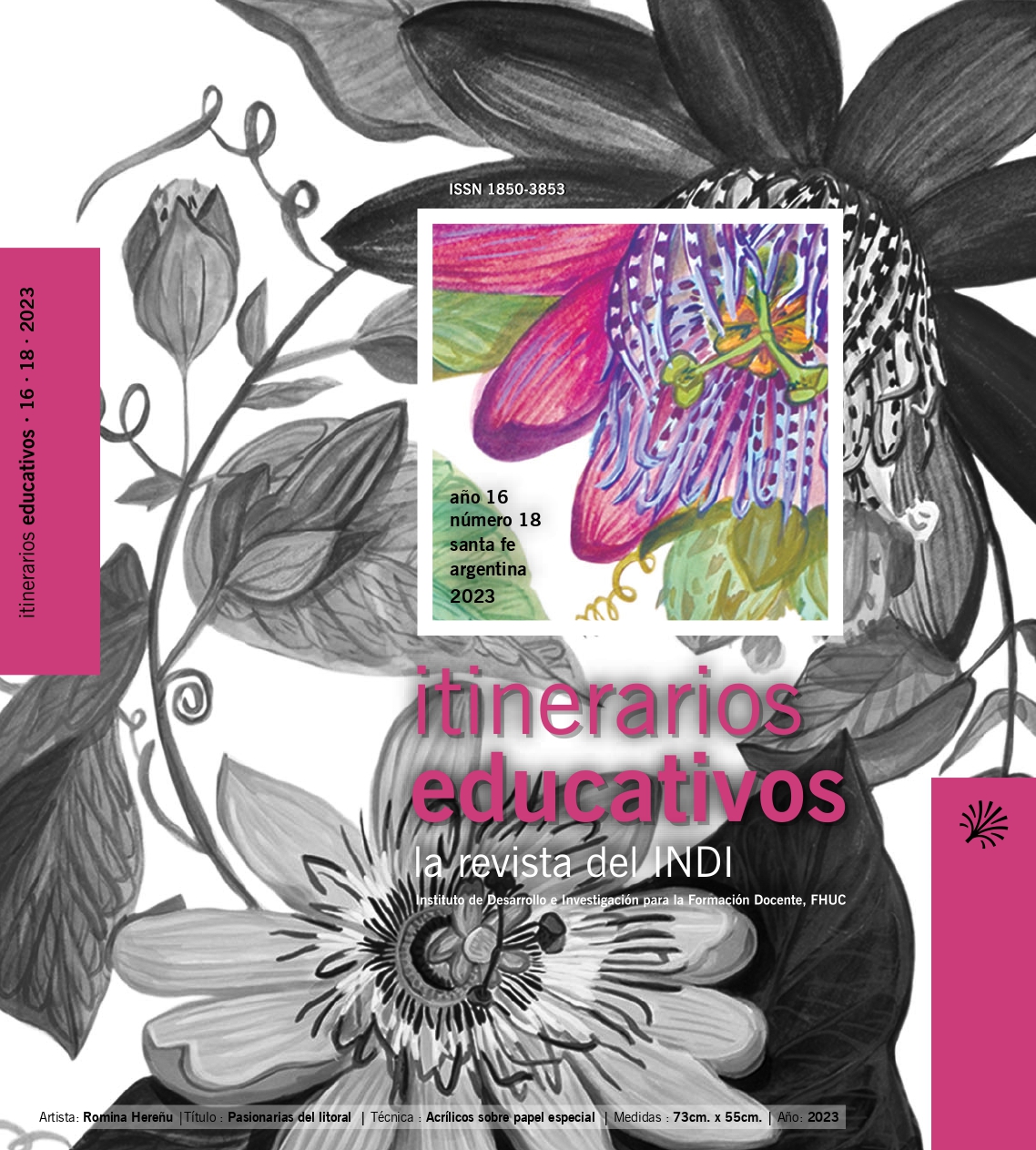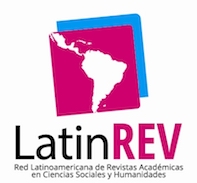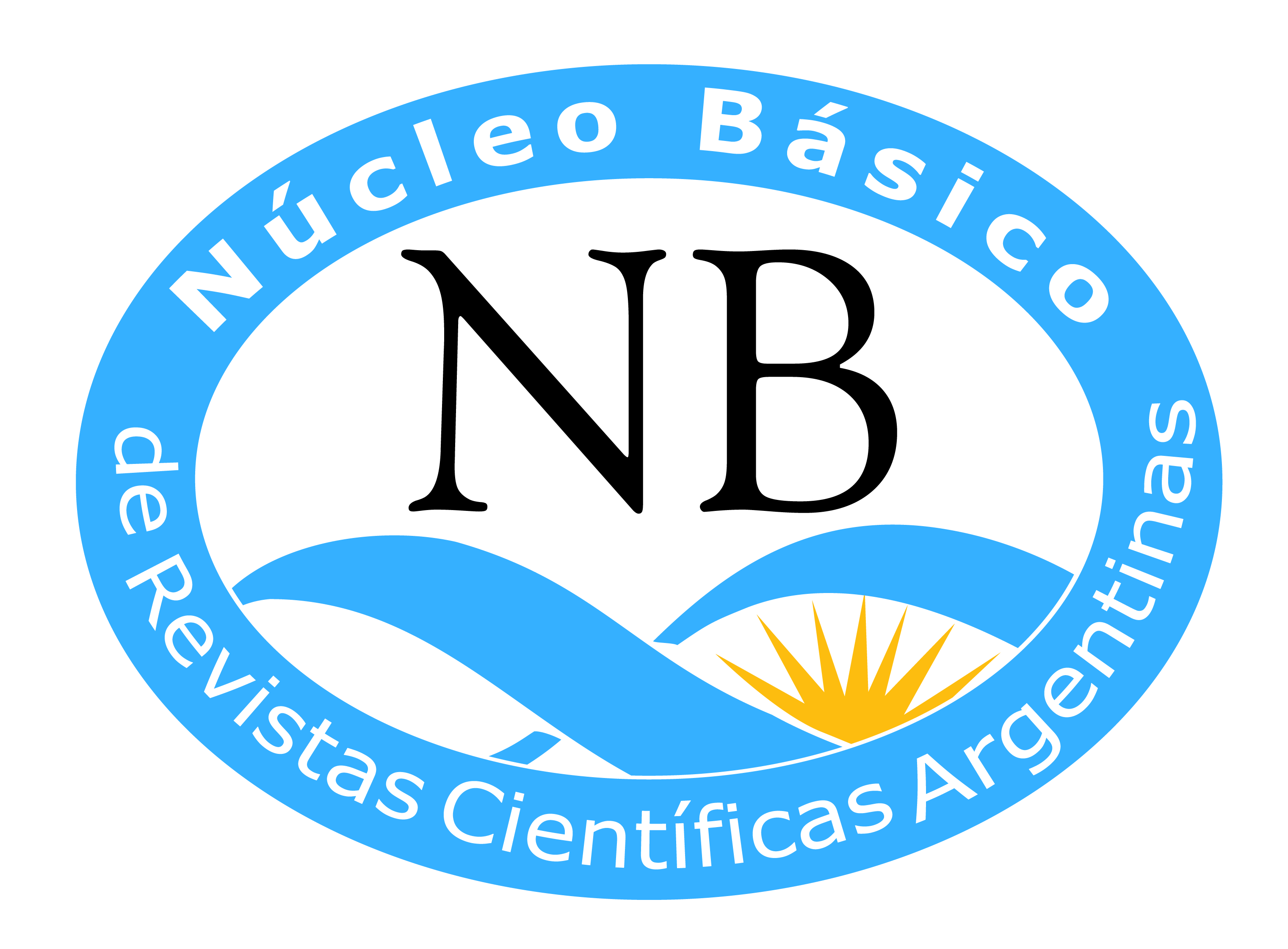Revisiting university education processes after the pandemic. Voices that give us some clues
DOI:
https://doi.org/10.14409/ie.2023.18.e0042Keywords:
university education, presentiality–virtuality, educational inclusionAbstract
University education and the processes of inclusion and democratization of higher education have been two topics of study we are working with in the framework of a research project and in a doctoral thesis, recently completed. In view of the events experienced in the context of «emergency remote education», we present an analysis of the training experiences of students the UNSL during the years 2020 and 2021 and the experiences of students who graduated before the pandemic. The aim is to give an approximate account of the similarities and differences —or rather, continuities and discontinuities— that can be glimpsed in these experiences, considering the demands, achievements and difficulties that they went through in order to give visibility to some of the university teaching problems that need to be revisited and questioned. Two problematic topics are identified: l) the relationship between teachers and students and knowledge; 2) the positioning of the relationship between theory and practice in the teaching and learning processes. The approach to these issues aims to contribute to the debate in which the Argentinean university system finds itself today.
References
Acevedo, M.J. (2007, mayo). El Relato de Vida en la formación de grado y en la formación continua. Artículo presentado en Educación y Perspectivas, V Jornadas de Investigación en Educación, organizado por el Centro de Investigaciones «María Saleme de Burnichón», Escuela de Ciencias de Educación, Universidad Nacional de Córdoba, Córdoba.
Alliaud, A. (2010). Experiencia, saber y formación. Revista de Educación, Año 1 (1), 141–157.
Barrionuevo Vidal, M. B y Tenutto Soldevilla, M (2021). De la presencialidad a la virtualidad. Nuevos Entornos Integrados de Aprendizajes. En Ferreyra, H y Tenutto Soldevilla (Comps.), Planificar, enseñar, aprender y evaluar en educación superior (pp. 99–110). Buenos Aires: Noveduc.
Enríquez, P y Olguín, W (2012). Problemática de la Realidad Educativa. Herramientas para abordar su complejidad desde la alfabetización académica y política. FCH–UNSL. San Luis: Ediciones LAE. Recuperado de http://lae.unsl.edu.ar/Ediciones/Libros_Electronicos/libro_problematica_realidad_p_enrique.pdf
Greco, M. B. (2007). Autoridad, ley, palabra. Tres conceptos para pensar la práctica docente. En Averbuj G., Bozzalla L., Marina M., Tarantino G. y Zaritzky G. (comp) Violencia y Escuela Propuestas para comprender y actuar (pp. 157–168). Buenos Aires: Ed. Aique.
Fernández, T. [et al.] (2022). Perfil de ingreso, puntos de bifurcación en la trayectoria y desafiliación en el ingreso a la universidad: un estudio de caso comparado en tres universidades de Argentina, Brasil y Uruguay. Santa Fe: Universidad Nacional del Litoral. Recuperado de: https://hdl.handle.net/11185/6585
Ferry, G. (1997). Pedagogía de la Formación. Formación de Formadores. Serie Los documentos 6. UBA, Buenos Aires: Ediciones Novedades Educativas.
Lucarelli, E. (s/f). Práctica y Teoría en la búsqueda de alternativas en la enseñanza universitaria. Mesa redonda N° 95, Eixo Temático 1 – Formación de Educadores.
Lucarelli, E (2003). Aula universitaria y crisis: las prácticas innovadoras universitarias en el mejoramiento de la calidad de la educación. III Coloquio internacional sobre gestión universitaria en América del Sur. La universidad sudamericana frente a la crisis, la integración regional y el futuro. UNMdP–UNTREF–UFSC. Buenos Aires.
Macchiarolla, V; Pizzolitto, A.L; Pugliese Solivellas, V. (2022). Aprendizajes en la enseñanza remota de emergencia para pensar la educación en pospandemia. Revista Educación Superior y Sociedad, 34(1), 1 (pp. 357–388). Doi: 10.54674/ess.v34i1.506
Mendel, G. (1996). Sociopsicoanálisis y Educación. Serie Los documentos 2, UBA. Buenos Aires: Ed. Novedades Educativas.
Skliar, C. (2011). Lo Dicho, Lo Escrito, Lo Ignorado. En Ensayos Mínimos Entre Educación, Filosofía Y Literatura (pp. 1–19). Buenos Aires: Miño y Dávila.
Rinesi, E. (2022). La universidad en perspectiva. Una mirada de conjunto sobre el período 1983–2019. En Talento Cutrin (Comp). 100 años de Reforma Universitaria: principales apelaciones a la universidad argentina (pp. 283–296). Ciudad Autónoma de Buenos Aires: CONEAU–Comisión Nacional de Evaluación y Acreditación Universitaria.
Sousa Santos, B. (2020). La cruel pedagogía del virus. Buenos Aires: CLACSO. Recuperado de https://biblioteca–
repositorio.clacso.edu.ar/bitstream/CLACSO/15543/1/La–cruel–pedagogia–del–virus.pdf
Souto, M. (2011). Complejidad y Formación Docente. En J. A. Yuni (Comp.) La formación docente. Complejidad y ausencias (pp. 13–26). Córdoba: Encuentro Grupo Editor.
Nicastro, S. (2006). Revisitar la mirada sobre la escuela. Exploraciones acerca de lo ya sabido. Rosario: Homo Sapiens.
Nicastro, S. (2018). Las trayectorias educativas: una cuestión institucional. La enseñanza universitaria. A 100 años de la Reforma: legados, transformaciones y compromisos, volumen 4 (6), 38–42.
Tenti Fanfani, E. (2021). Tensiones en el campo de la educación básica. En Tenti Fanfani, E. La escuela bajo sospecha. Buenos Aires: Siglo Veintiuno.
Published
How to Cite
Issue
Section
License
Those authors who have publications with this magazine, accept the following terms:
The authors will retain their copyright and guarantee the journal the right of first publication of their work,
which will be simultaneously subject to the Creative Commons Recognition License that allows third parties to share
the work whenever its author and first publication this magazine.
Authors may adopt other non-exclusive licensing agreements for the distribution of the published work (eg, deposit
it in an institutional telematic file or publish it in a monographic volume) whenever the initial publication in this
journal is indicated.
Authors are allowed and advised to disseminate their work through the Internet (eg, in institutional telematic files
or on their website) before and during the submission process, which can produce interesting exchanges and increase
citations of the published work. (See The effect of open access).
















